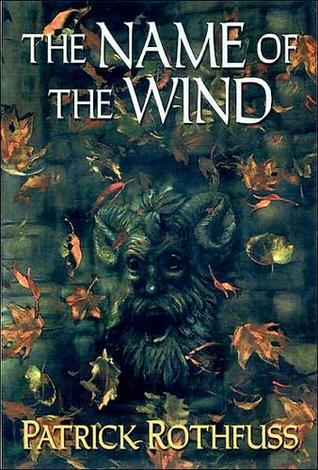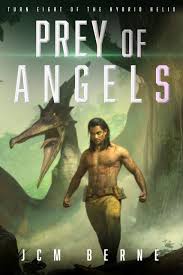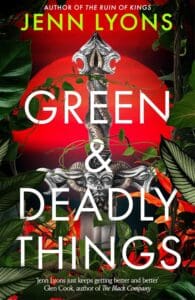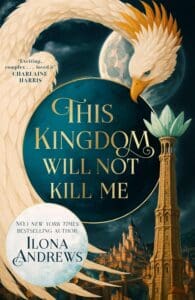Rating: 8.5/10
Synopsis
Told in Kvothe’s own voice, this is the tale of the magically gifted young man who grows to be the most notorious wizard his world has ever seen.
The intimate narrative of his childhood in a troupe of traveling players, his years spent as a near-feral orphan in a crime-ridden city, his daringly brazen yet successful bid to enter a legendary school of magic, and his life as a fugitive after the murder of a king form a gripping coming-of-age story unrivaled in recent literature.
A high-action story written with a poet’s hand, The Name of the Wind is a masterpiece that will transport readers into the body and mind of a wizard.
Review
So, I’m very late to this party; I know The Name of the Wind has a cult following and is raved about everywhere, but I want to take the time to do some of my own raving here. First of all, the reason this one has sat on my shelf for … well, forever is because while my friend recommended it highly and it’s right up my street, I have started too many series that have broken my heart by never being finished. However, with the news that book three is happening and very close, I jumped straight to this.
The cover art is nothing short of fantastic – there’s something quite eerie, mysterious and horrifying about the centre-figure that only adds to the mystique of the start of the book.
As many of you know, this is the story of Kvothe (pronounced Quothe) and is basically a retelling of the early years of the Kingkiller, the Bloodless, and the mysterious man that he is, in his search for the name of the wind. We see his life as part of his family’s troupe and the subsequent tragedy where he finds himself living as a street urchin, then his rise to University admittance (and shortly after, his accepted into the Arcanum – which is kind of a wizarding school but they use something called Sympathy, a kind of magic that focuses heavy on trades of energy. You can’t poof a rabbit out of nothing!)
In a nutshell, I really liked the plot, but there was something slightly missing for me: fights and huge magic battles. I’m a bit of a barbarian when it comes to what I want out of a fantasy book. This is why I read the genre, and what I went into this novel looking for. But once I knew what to expect, I fell in love with the intelligence of the novel, the simple elegance of the prose and the cunning genius of Kvothe.
The use of both third person onmi, and first person for the point of views gave the book a depth to it that I haven’t experience before. While in the present day, we got to fly over the heads of the main cast, centred around an inn. When Kvothe takes centre-stage we’re placed right inside his head; we couldn’t get closer to the story as it happens if we tried – something that I love in fantasy now. First person really grips me.
Rothfuss is a poet, a master artificer of world-building, a great story-teller, the bard around a campfire … he spins one hell of a tale. I found myself marvelling at the pure intricacy and detail that went into every page; from the currency, types of horse and what they’re known for, books within the book, lore, myth, the laws of magic and medicine, and character relationships, there’s nothing spared in the thought that’s gone into this. For me, that’s where the true beauty of it lies. I feel uncouth coming out of this after my initial expectations, but happily surprised and eager to continue the story.
I doubt this book needs recommendation, and only my own initial expectations have marked this down, but I’ll do it anyway. If you want to read modern epic fantasy with the feel of the old greats, with no detail spared in world-building, but is something that makes its own mark next to old greats like Magician and WoT, this is a book for you.





Leave a Reply